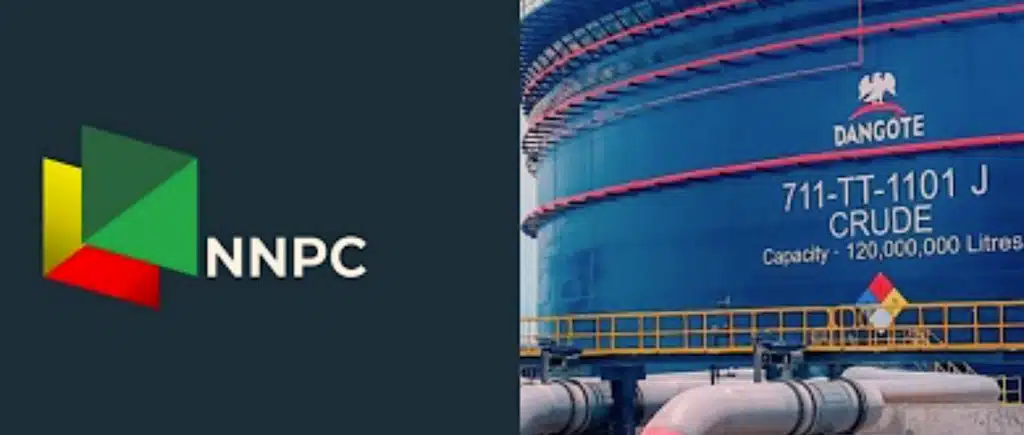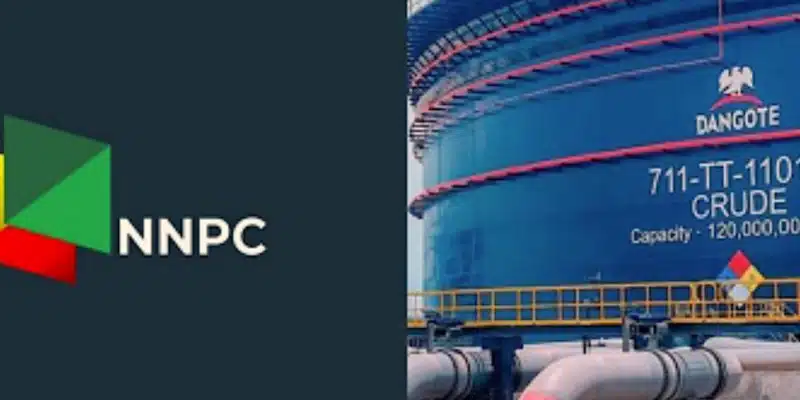
The Depot and Petroleum Products Marketers Association of Nigeria (DAPPMAN) says its members will source Premium Motor Spirit (PMS), also known as petrol, exclusively from the Dangote Petroleum Refinery, as government-owned refineries are yet to meet optimal petrol production levels.
DAPPMAN Executive Secretary, Olufemi Adewole, disclosed this in an interview on Sunday, stressing that the newly revamped Port Harcourt and Warri refineries under the Nigerian National Petroleum Company Limited (NNPC) are currently producing naphtha rather than sufficient volumes of PMS.
“Our members will not go to the NNPC refineries for now. The only viable local source of petrol is the Dangote Refinery, and we are ready to work with them,” Adewole said.
However, he expressed concern that the Dangote refinery has yet to open bulk purchase access to depot operators, preferring a gantry supply model and working with a limited number of selected marketers.
“Dangote prefers a selective approach. But as depot owners, we deal in bulk — between 15 to 25 metric tonnes. If we are allowed to load our vessels, it becomes easier for us,” he noted.
Adewole said discussions with Dangote Refinery are ongoing, but members want competitive pricing and fair access. “We are in business. We want to support local refining, but we cannot continue to lose money,” he said.
He added that while the association is proud of Dangote’s operational status, members would resort to importation if local supply remains restricted — a right permitted under the Petroleum Industry Act (PIA).
Meanwhile, the NNPC maintains that the Port Harcourt refinery is operating at 70% capacity, producing a range of outputs including diesel, kerosene, low-pour fuel oil, and blended PMS using naphtha and components from Indorama Petrochemicals. The state oil firm has also promised a ramp-up to 90% capacity soon.
Despite this, regulatory reports from April 2025 revealed the Port Harcourt facility was operating below 40%, and the Warri refinery has been shut since January due to safety issues. The Kaduna refinery remains inactive.
In a related development, the three managing directors of the Port Harcourt, Warri, and Kaduna refineries were reportedly dismissed by the NNPC’s new board.
While the NNPC spokesperson, Olufemi Soneye, defended the performance of the Port Harcourt plant last November, he has yet to respond to fresh inquiries regarding the status of local fuel supply.

Comments